Development of Social Media (SM) is a relatively new phenomenon. Between 2004 and 2014, all 22 of the world’s biggest Social Media (SM) networks were developed and launched. The Facebook was the first to be started on February 4, 2004. Rapid global increase in mobile telephone usage helped the growth of SM. SM can be fun, exciting, entertaining and useful for maintaining relationships. For marketing, managing their public image, connect with customers and solicit ideas and feedback people can use social media websites for professional reasons. SM can be used to issue warnings for cyclones, floods or other disasters. Home bound people who are ill, stay-at-home parents, or retired use social media to stay connected.
SM can also be used for political polarization and radicalization. SM is being used by both state and non state actors to further their own interests.SM has been utilized to recruit terrorists, organize revolutions and riots, encourage attacks, collect funds, glorify gangs and spread violence. Terrorist organizations like al-Qaeda and the Islamic State exploit the social media to radicalize, recruit and deploy young people in service of their terrorist causes. The 2011 Arab Spring and 2011 London riots have shown how social media can impact matters of national security. A recent Oxford University study found evidence of disinformation campaigns run by state actors in more than 70 countries around the world. Most of these countries are authoritarian regimes that use SM to threaten activists and journalists with hate and violence, spread pro-government propaganda and drown out opposing voices.

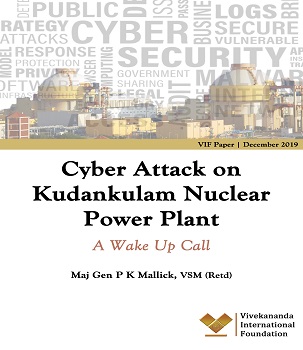
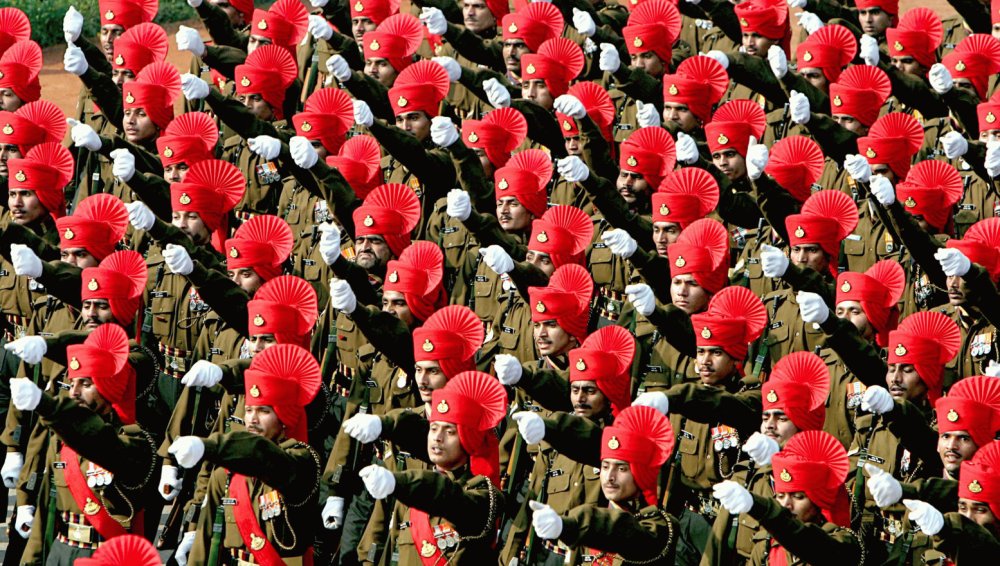
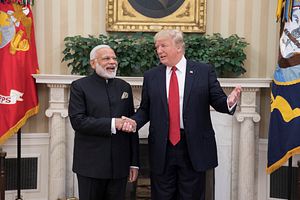
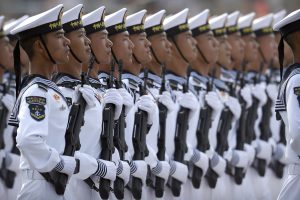





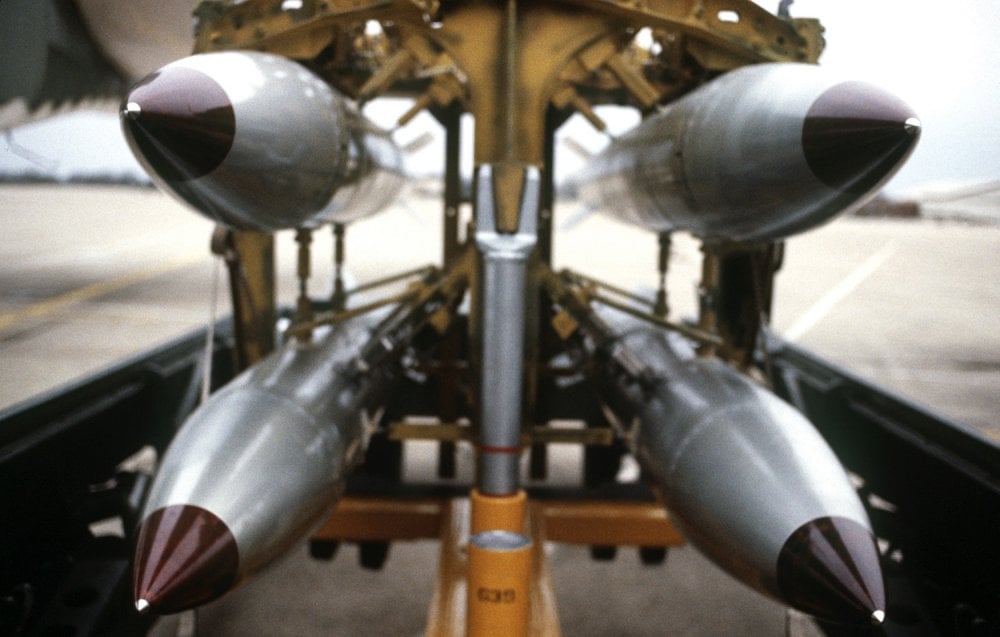





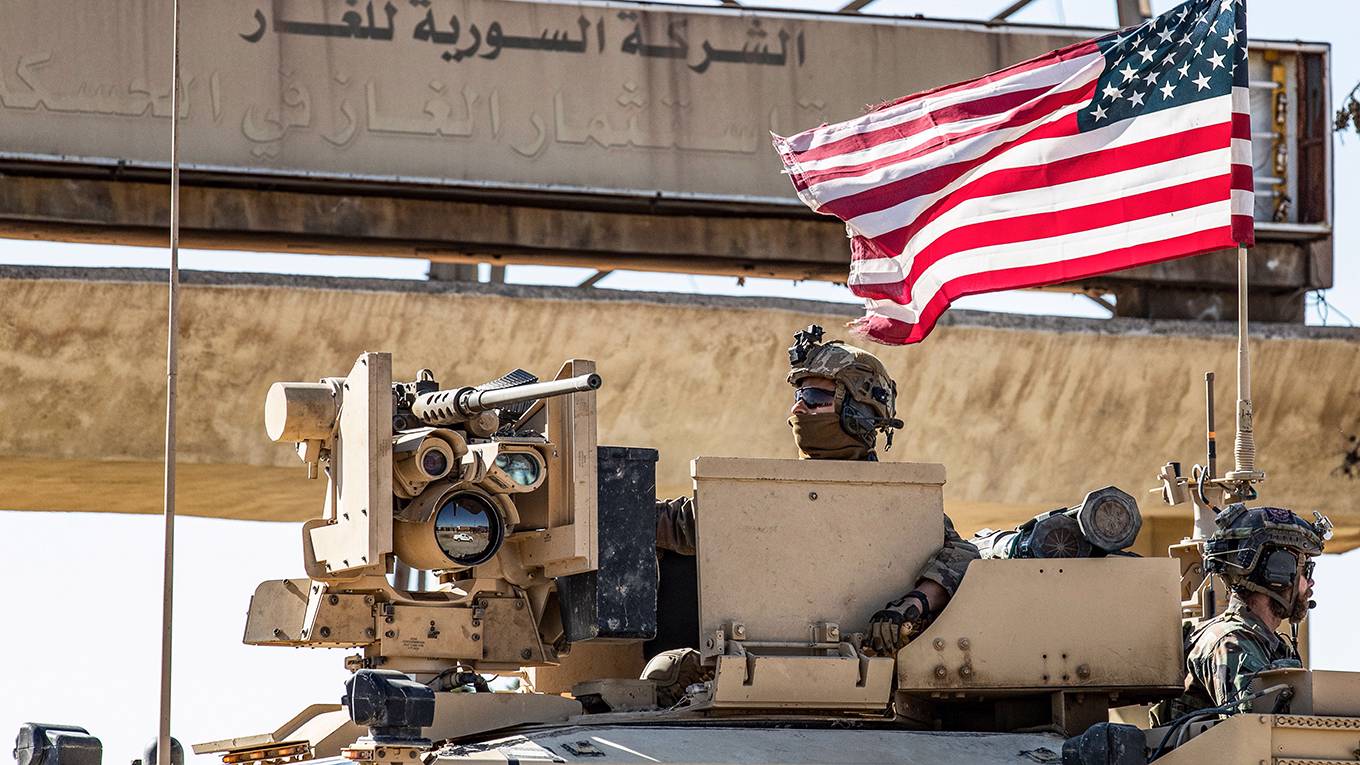

/arc-anglerfish-arc2-prod-mco.s3.amazonaws.com/public/3A6EEH3BJJEF7DY7EAZE5S5DME.jpg)


/arc-anglerfish-arc2-prod-mco.s3.amazonaws.com/public/POXFBOPI6JHH5OSMG362CJB3XI.jpg)